Karen Ledford is a seasoned digital marketer with a passion for turning data into actionable insights. When she's not immersed in the world of websites, content marketing, SEO, or social media as IDC®'s marketing director, she's likely found tending her garden or spending quality time with her furry family. A self-proclaimed DIY enthusiast, she's always up for a new project.
DEIA as a Lifeline: Combating Employee Burnout and Fostering Mental Well-being
In today's fast-paced, demanding workplace, burnout is becoming a pervasive issue, threatening the well-being of employees and the success of organizations. As defined by the World Health Organization, burnout is a "state of chronic stress that leads to exhaustion, cynicism, and a sense of ineffectiveness." This state of physical, emotional, and mental exhaustion is often caused by prolonged stress or dissatisfaction. While burnout can affect anyone, it disproportionately impacts underrepresented groups, who may face additional challenges such as discrimination, microaggressions, and feeling like outsiders.
The Negative Impacts of Burnout on DEIA
Burnout can have a devastating effect on Diversity, Equity, Inclusion, and Accessibility (DEIA) initiatives. When employees feel overwhelmed, stressed, and undervalued, they are less likely to contribute their best work or feel a sense of belonging. This can lead to decreased productivity, increased turnover, and a toxic work environment.
- Loss of Talent: When employees experience burnout, they may leave their jobs, leading to a loss of valuable skills and perspectives. According to a study by McKinsey & Company, "organizations with high levels of employee burnout are three times more likely to experience high turnover rates."
- Decreased Productivity: Burnout can reduce employee productivity, leading to lower morale and decreased efficiency. The American Psychological Association found that "employees who report feeling burned out are twice as likely to be less productive at work."
- Negative Company Culture: A culture where employees are stressed and overworked can create a hostile, toxic environment that discourages Diversity and Inclusion.
Moreover, burnout can exacerbate existing inequalities. Underrepresented groups may be more likely to experience burnout due to factors such as discrimination, lack of support, and tokenism. This can further widen the gap between majority and minority employees, making it difficult to create an equitable, inclusive workplace.
Preventing and Addressing Burnout
To address the issue of burnout and promote DEIA, it is essential to prioritize employee well-being and create a supportive work environment. Here are some actionable steps:
- Prioritize Well-Being: Offer comprehensive health insurance plans, including mental health benefits. Encourage employees to take breaks, vacations, and time off.
- Create Belonging: Foster a sense of community and belonging for all employees through empathy, respect, and open communication.
- Offer Mental Health Resources: Provide access to mental health professionals, employee assistance programs, and mindfulness training.
- Encourage Work-Life Balance: Set reasonable workloads and expectations. Promote a healthy work-life balance and discourage overwork.
- Implement Flexible Work Arrangements: While not always possible for certain roles, allow employees the flexibility to adjust their schedules to meet their needs.
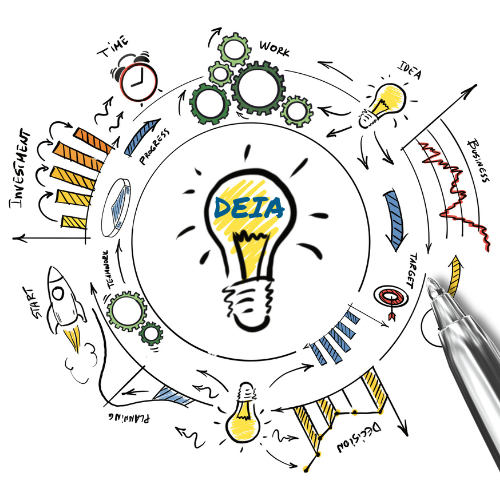
In addition to the above, it is important to promote mental well-being and reduce the stigma associated with mental health issues. Here are some practical tips:
- Start a Conversation: Encourage open and honest conversations about mental health. Create a safe space for employees to share their experiences.
- Educate Your Employees: Provide training and resources on mental health awareness and stigma reduction.
- Lead By Example: Demonstrate your commitment to mental health by prioritizing your own well-being through prioritization, mindfulness, and exercising healthy boundaries.
Equipping Leaders to Champion DEIA and Employee Well-being
Investing in Certified Diversity Professional (CDP)® or Certified Diversity Executive (CDE)® exam preparation programming empowers your DEIA practitioners and company leadership to combat burnout and cultivate a culture of belonging for all employees. These credentials equip DEIA practitioners and company leaders with the specialized knowledge and tools to:
- Proactively Identify and Address Burnout Risk Factors: CDP® and CDE® Designees gain expertise in recognizing burnout triggers specific to diverse populations. This allows them to identify areas where underrepresented employees might face higher burnout risks due to factors like microaggressions, lack of mentorship, or feeling like outsiders.
- Develop and Implement Effective DEIA Strategies: CDP® and CDE® programs delve into creating inclusive work environments. Credential holders can design and execute DEIA initiatives that foster a sense of belonging for all employees, reducing feelings of isolation and undervaluing – common contributors to burnout.

- Advocate for Supportive Policies and Programs: CDP® and CDE® leaders are equipped to advocate for and implement programs. This includes advocating for comprehensive health insurance plans with strong mental health coverage, Employee Assistance Programs (EAPs), and flexible work arrangements.
- Champion a Culture of Open Communication: A core tenet of the CDP® and CDE® curriculum is fostering open communication. Credential holders can spearhead initiatives to create safe spaces for employees to discuss mental health concerns and navigate potential conflicts. This open dialogue helps reduce stigma and encourages help-seeking behavior.
- Lead by Example: IDC’s CDP® and CDE® programs emphasize the importance of leadership in setting the tone. Credential holders can model healthy work-life balance, prioritize self-care, and encourage others to do the same. This creates a ripple effect throughout the organization, normalizing mental health awareness and reducing burnout risk.
By investing in CDP® and CDE® credentials, you're not just investing in qualified DEIA professionals – you're investing in a future where your workforce thrives.
Sources:
- World Health Organization. (2019). Burnout in the Workplace. https://www.who.int/news/item/28-05-2019-burn-out-an-occupational-phenomenon-international-classification-of-diseases
- McKinsey & Company. (2021). The Cost of Employee Burnout. https://www.joinpavilion.com/blog/the-real-cost-of-burnout
- American Psychological Association. (2023). Burnout: Causes, Symptoms, and Treatment. https://www.apa.org/gradpsych/2011/03/corner
- Acenda Integrated Health. Burnout to Balance: Overcoming and Preventing Severe Exhaustion. https://acendahealth.org/blog/burnout-to-balance
- Pacific Association of Supreme Audit Institutions (PASAI). (2021). Well-being and Productivity. https://www.pasai.org/blog/2021/1/29/well-being-and-productivity
- Acheloa Wellness. Do You Keep Saying to Yourself - “I’m Overwhelmed With Work and Life”?. https://www.acheloawellness.com/post/overwhelmed-with-work-and-life
About Karen Ledford
Share This Article!
Disclaimer: Content on this blog is authored by multiple sources. While we do make every attempt to proofread and fact-check, unless authored our staff, the views expressed do not necessarily reflect those of the Institute for Diversity Certification (IDC), Inc.
More Insightful DEIA Blogs



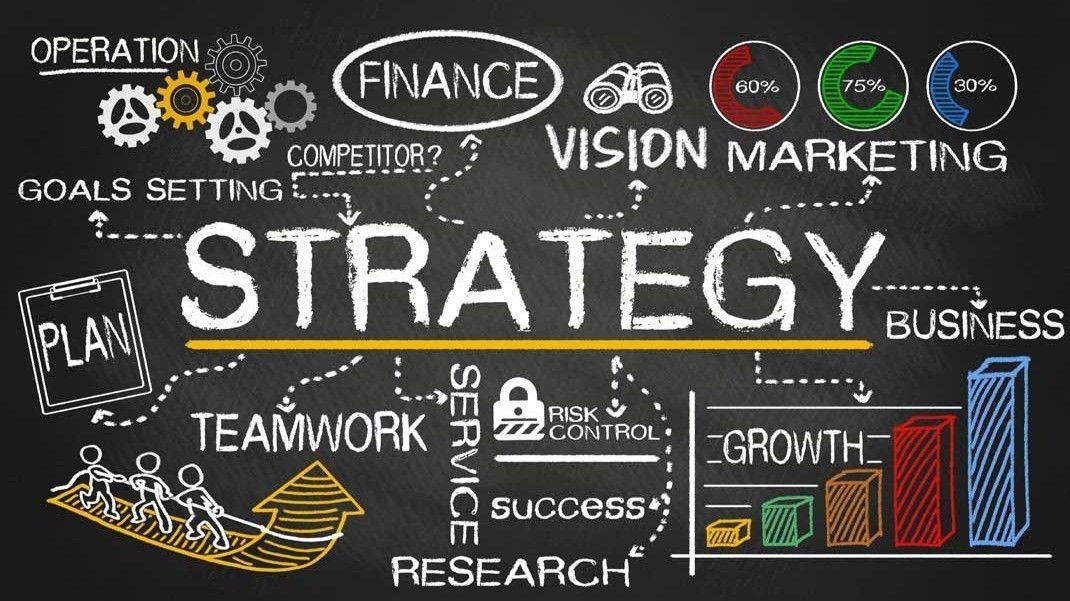
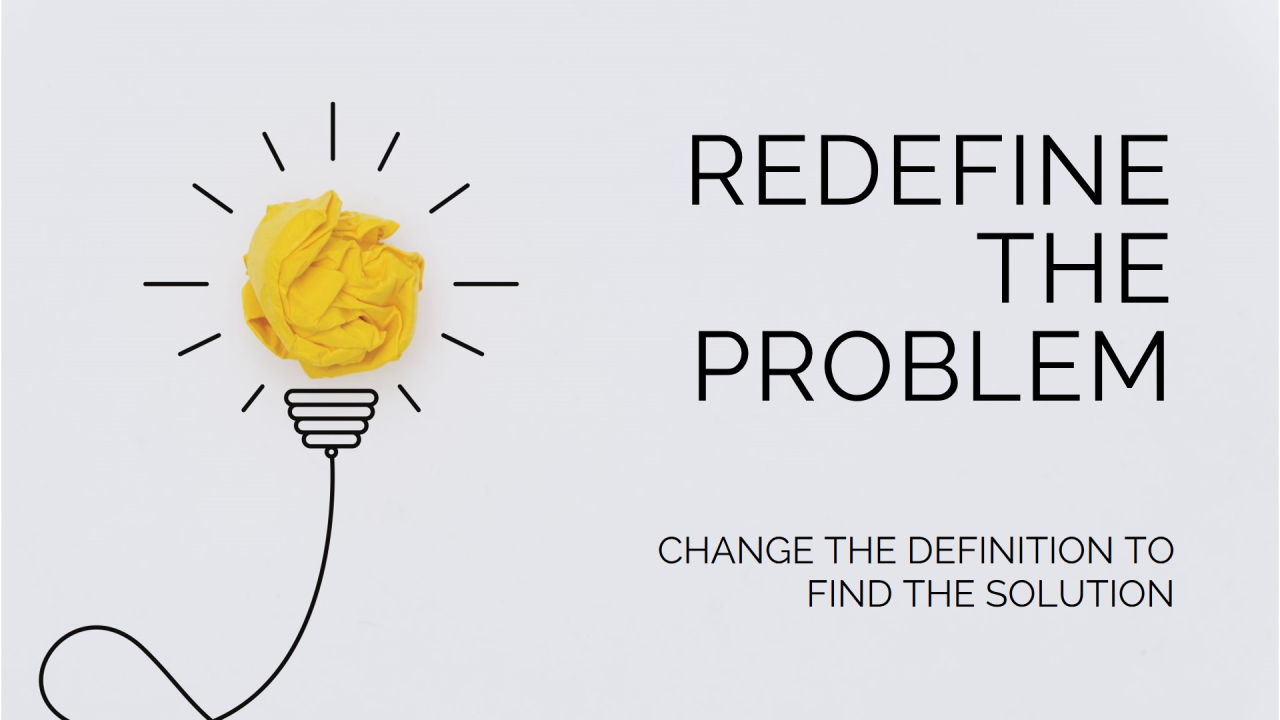


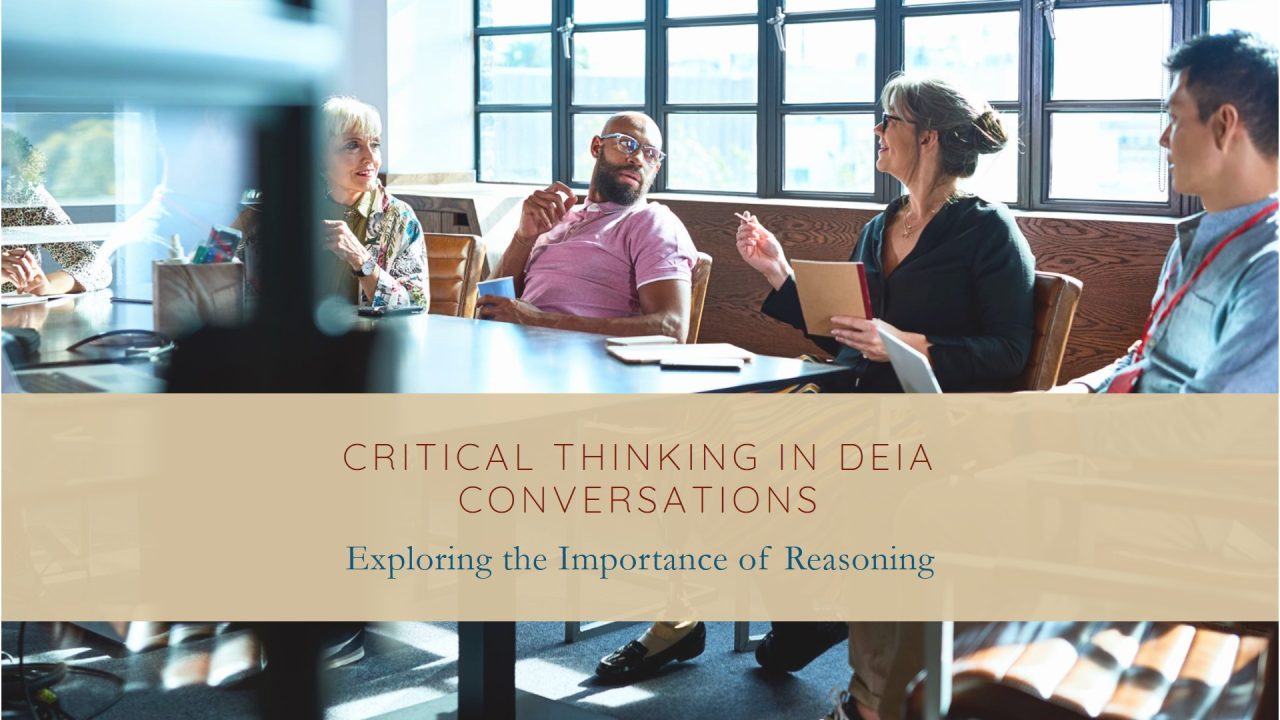
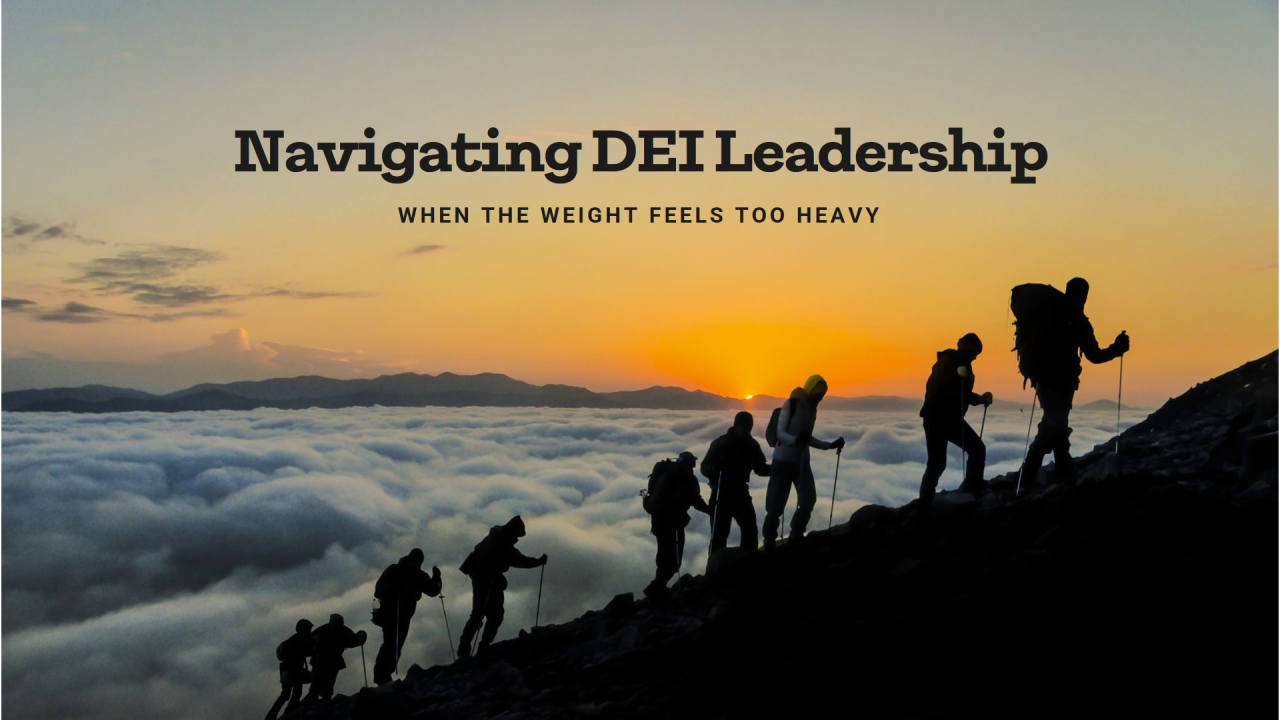
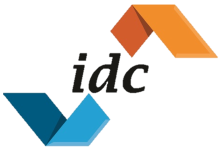

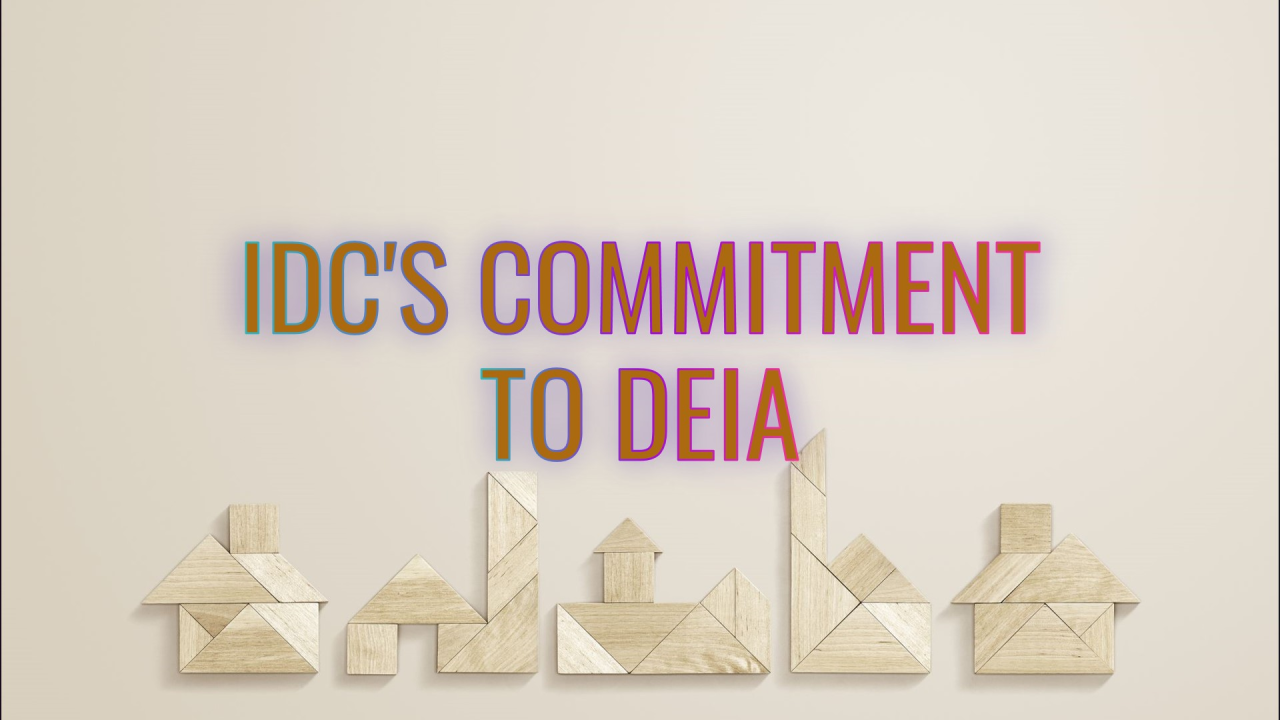
Share On: